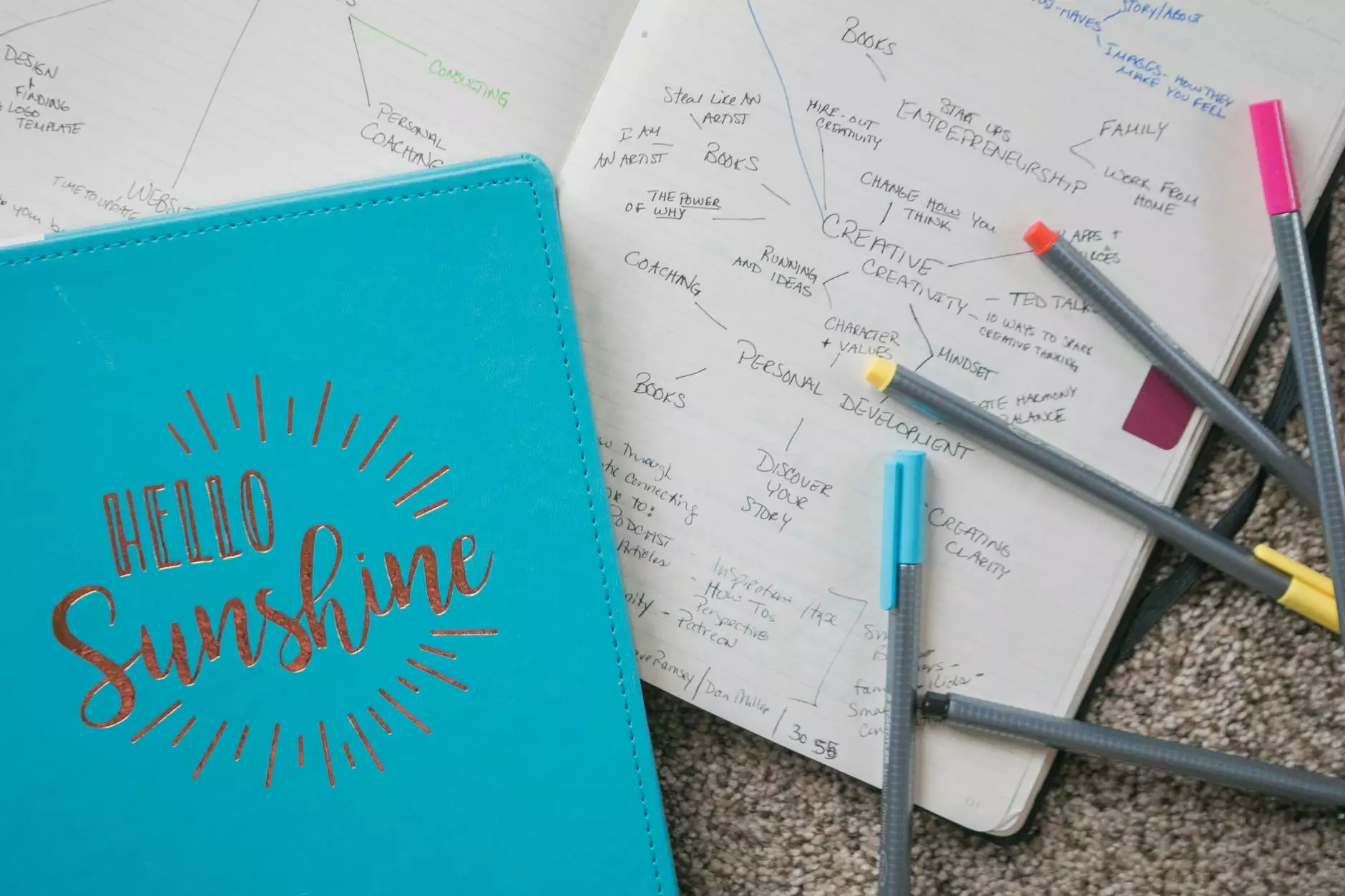How to Make a Booking App: A Comprehensive Guide

In today’s digital world, booking applications have become an essential element for various industries, including travel, hospitality, and event management. Creating a successful booking app can enhance customer experience, streamline operations, and boost revenues. In this article, we’ll explore in-depth the process of how to make a booking app, covering everything from the initial conceptualization to post-launch strategies.
Understanding the Importance of a Booking App
Before diving into the specifics of the development process, it is crucial to understand why a booking app is essential for your business:
- Convenience: Booking apps offer users the freedom to book services at any time, making the process seamless and hassle-free.
- Increased Efficiency: Automating the booking process reduces the workload of staff, allowing them to focus on other areas of the business.
- Enhanced Customer Experience: By providing an easy-to-use interface, customers enjoy a smoother interaction with your brand.
- Data Management: Booking apps help collect valuable user data, which can be analyzed for better service offerings and marketing strategies.
Identifying Your Target Audience
One of the first steps in how to make a booking app is identifying your target audience. Understanding who your users are will guide your app's design, features, and marketing strategies. Consider the following aspects:
- Demographics: Age, gender, occupation, and location of your potential users.
- User Needs: What problems are you addressing? What specific features would they find useful?
- Behavior Patterns: How often do they book? What devices do they prefer?
Key Features of a Booking App
To ensure your booking app meets the needs of your users, it should include certain essential features. Here are some must-have features to consider during development:
User Registration and Profiles
An easy registration process with profile customization allows users to save preferences, review past bookings, and manage their details effectively.
Search and Filter Options
Allow users to easily search and filter through available services based on their preferences. This could include date ranges, locations, prices, and service types.
Real-Time Availability
Implementing a feature that displays real-time availability ensures users can see exactly what is open for booking, reducing frustration and improving conversion rates.
Secure Payment Gateway
Incorporate multiple payment options and ensure the payment process is secure. Popular choices include credit/debit cards, PayPal, and mobile payment solutions.
Booking Confirmation and Notifications
Inclusive booking confirmations via email or SMS enhance user trust. Additionally, reminder notifications for upcoming bookings can improve attendance and satisfaction.
User Reviews and Ratings
User-generated reviews and ratings provide social proof and can significantly influence potential clients' decisions.
Admin Dashboard
An intuitive admin dashboard allows you to manage bookings, track user data, and analyze revenue insights easily.
Choosing the Right Technology Stack
Deciding on the technology stack is a crucial step in how to make a booking app. Here are some factors to consider:
Frontend Development
The frontend is the face of your app. You may consider frameworks like:
- React Native: Ideal for cross-platform apps, offers a native feel.
- Flutter: Google's UI toolkit for crafting natively compiled applications.
Backend Development
For the server-side, choosing a robust backend can significantly impact performance:
- Node.js: Excellent for real-time applications due to its non-blocking nature.
- Python/Django: Favored for rapid development and simplicity.
Database Management
Opt for a suitable database solution to handle user data and bookings effectively:
- SQL Databases: Such as PostgreSQL, ideal for complex queries and a well-defined schema.
- NoSQL Databases: Like MongoDB, useful for unstructured data and quick access.
Designing User Interfaces
A great user interface (UI) is pivotal in ensuring users can navigate the app smoothly. Here are some tips for designing intuitive UIs:
- Simplicity: Keep interfaces clean and straightforward, avoiding clutter.
- Consistent Branding: Ensure your app aligns with your brand’s colors, fonts, and overall aesthetic.
- User-Friendly Navigation: Implement intuitive navigation to improve user experience.
Development Process
After ideation and planning, you can start with the development process. Consider using an A/B testing approach to refine features based on user feedback.
Agile Methodology
Using Agile methodology allows for iterative development, ensuring that your app can evolve based on user feedback:
- Planning: Outline features, requirements, and create user stories.
- Development: Divide tasks into sprints with defined timelines.
- Testing: Conduct thorough testing for usability, functionality, and security.
- Launch: Launch your app on preferred platforms.
Marketing Your Booking App
Once your app is ready, marketing becomes crucial to attract users. Here are effective strategies to promote your booking app:
- Search Engine Optimization (SEO): Optimize your app store listing and website for keywords like how to make a booking app to enhance visibility.
- Social Media Marketing: Utilize platforms like Facebook, Instagram, and Twitter to reach potential users.
- Content Marketing: Create engaging blog posts, videos, and infographics that highlight your app's benefits.
- Paid Advertising: Invest in Google Ads and social media promotions for wider reach.
Post-Launch Strategies
After launching your booking app, it’s vital to monitor its performance and user feedback. Regular updates and improvements based on user insights will help retain users and attract new ones.
Analytics Tools
Utilizing analytics tools can provide valuable insights into user behavior and app performance. Track metrics such as:
- Number of downloads
- User engagement rates
- Conversion rates for bookings
User Feedback
Encourage users to leave feedback and reviews. Utilize this feedback to address issues and enhance features.
Conclusion
Creating a booking app involves meticulous planning, development, and marketing. By focusing on the user experience and continuous improvement, you can build a successful app that not only meets user expectations but stands out in a competitive market. Remember, each step in how to make a booking app is crucial for paving the way to your success.
At nandbox.com, we provide multifaceted support for businesses in Mobile Phones and Software Development. Whether you're looking to enhance your existing services or embark on a new digital journey, our expertise is at your disposal.








